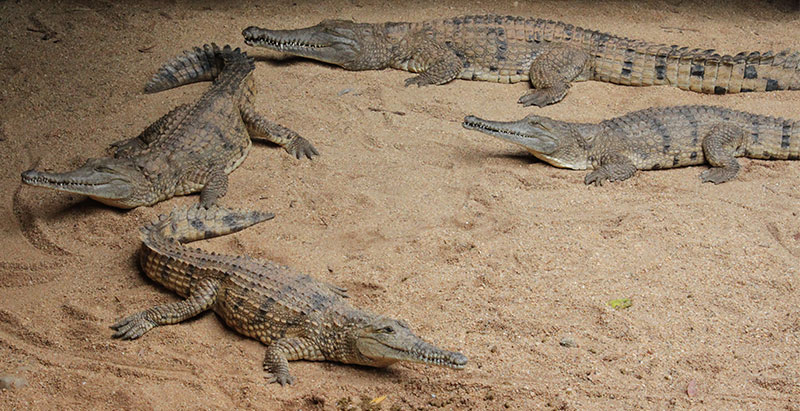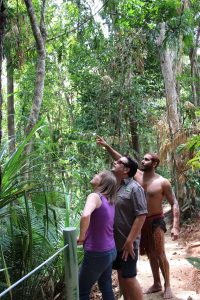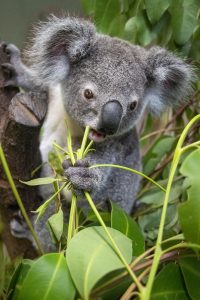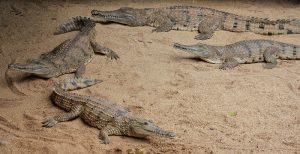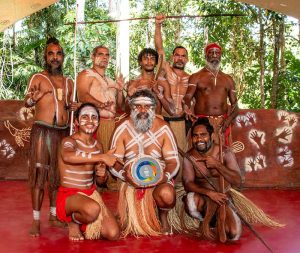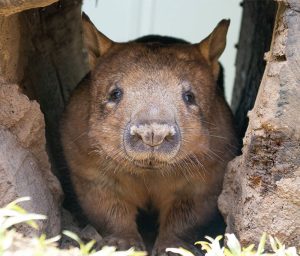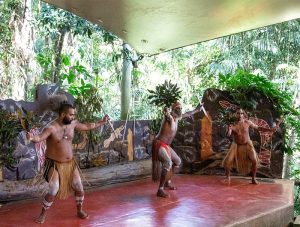Here in Tropical North Queensland, we are pretty well-known for our Estaurine Crocodiles. But what about it's smaller, shyer and (let's admit it) cuter relative, the Freshwater Crocodile?
Today we share our favourite fun and interesting facts about this incredible reptile.
Freshwater Crocodile: Fast Facts
Scientific Name: Crocodylus johnsoni
Size: Up to 3 metres and 70 kg
Lifespan: Around 50 Years
Habitat: Freshwater environments such as rivers, creeks, lagoons and billabongs
Distribution: Northern Western Australia, the Northern Territory and the Cape York Peninsula, Queensland
Status: Least concern
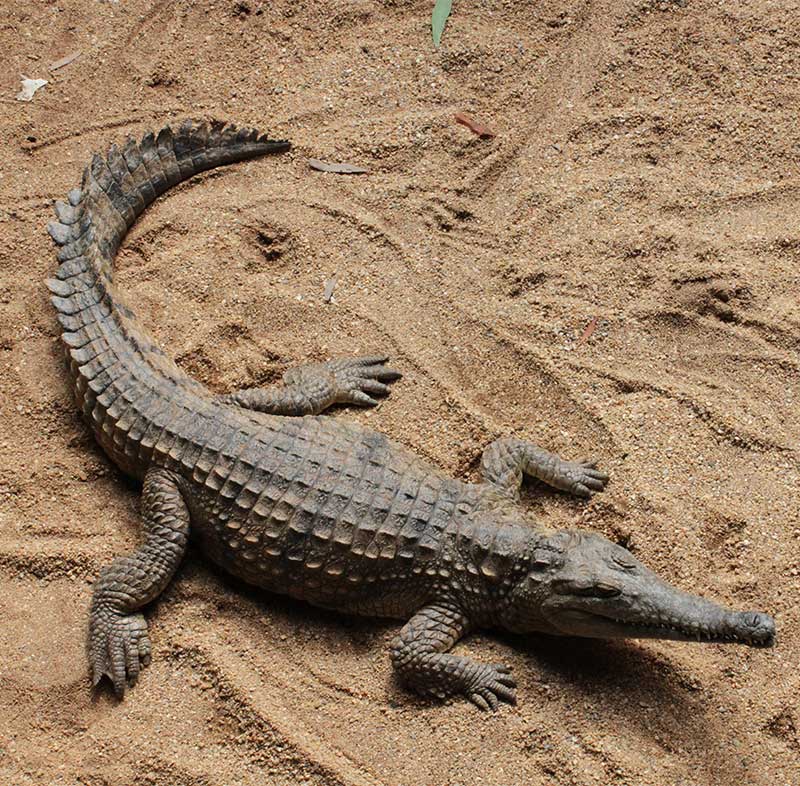
Freshwater Crocodile: Fun Facts
What do they eat?
These carnivorous reptiles eat small prey, which consist mainly of small mammals, fish, birds, bats, reptiles and amphibians.
Are they dangerous?
The Freshwater Crocodile is not considered dangerous to humans. Unlike their "Saltie" cousins, "Freshies" are rather shy and will tend to flee from humans. However, they may bite when threatened.
Do they have any predators?
Freshwater eggs and hatchlings are commonly preyed upon by goannas, freshwater turtles, large fish, snakes and birds of prey. Surprisingly, small crocodiles can also be eaten by larger crocodiles!
How do they hunt?
These crocodiles often hunt by simply sitting and waiting. They are known to lie motionless in the water and wait until the prey comes within close range. However, they can attack and hunt larger prey in a similar manner to the Estaurine Crocodile.
When do they breed?
Freshwater crocodiles breed in the dry season. A clutch consists of around 20 eggs.
How can they be easily distinguished from the Estaurine crocodile?
Freshwater Crocodiles are far smaller than Estaurine Crocodiles! Alongside this, there are a lot of physical differences too.
Freshwater Crocodiles have a longer and thinner snout and their teeth all tend to be the same size. On the other hand, Estaurine Crocodiles have a broader snout and teeth of different sizes.
Do they only live in fresh water?
Although they are freshwater by name, they are not always necessarily freshwater by nature. These crocodiles can occur in saline water with salinity levels of up to 24%
Visit our Koala & Wildlife Park to see Freshwater Crocodiles! Book Now.




